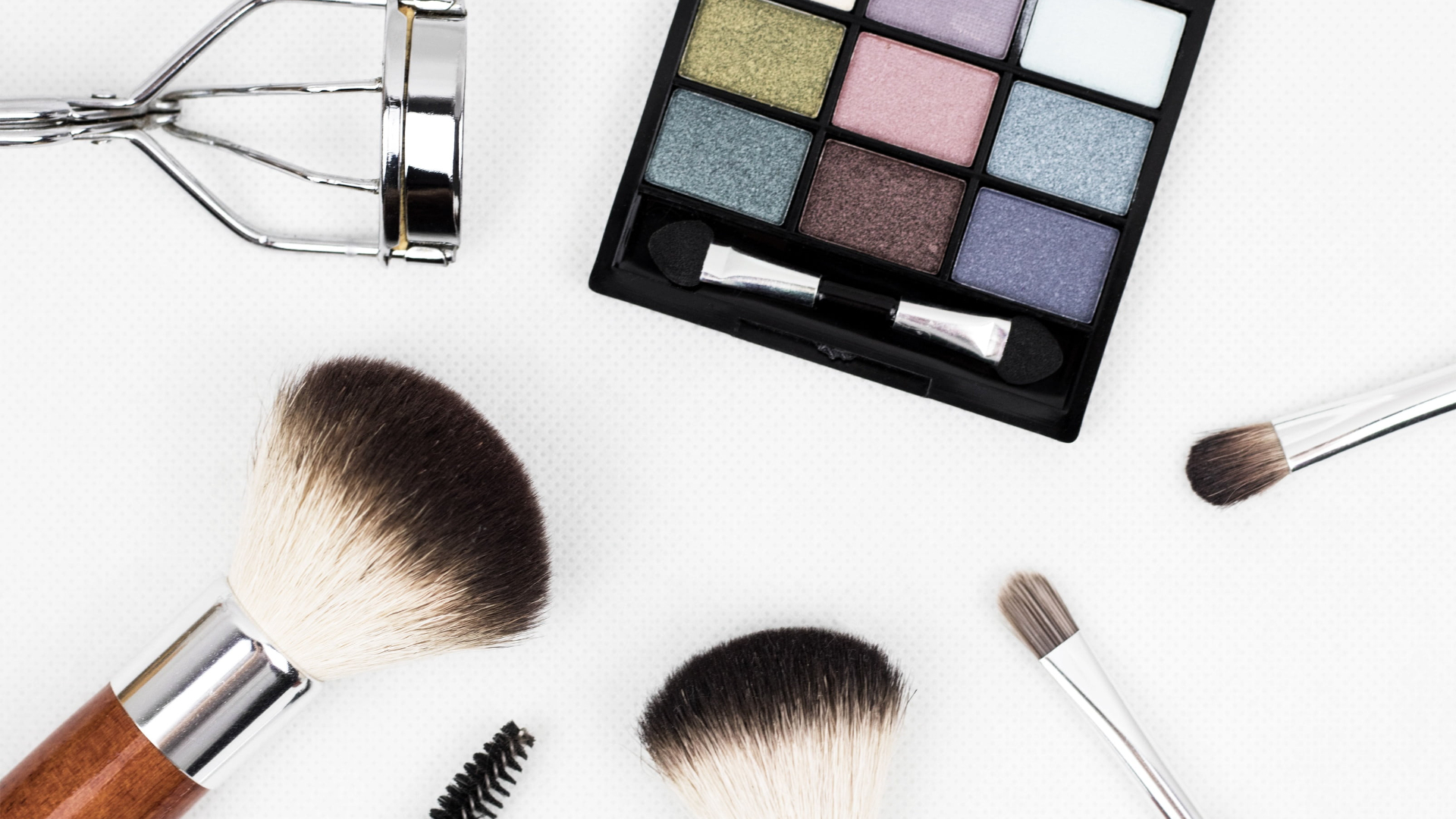Embarking on a chemical peel journey might seem daunting at first, but the truth is, these treatments can significantly rejuvenate and enhance your skin's health and appearance.
Face peels, contrary to what their name might suggest, are not just about peeling away your skin. They are a transformative process that can address a myriad of skin issues with the right approach and timing.
If you're contemplating whether it's the right time for a chemical peel, read on for a comprehensive guide to understanding when and why a peel could be beneficial for you.
Understanding Chemical Peels
At its core, a chemical peel is an advanced skin-resurfacing procedure that employs a chemical solution to remove dead skin cells from the top layer of your skin. This process reveals the more youthful, smoother skin beneath.
Chemical peels are tailored to tackle specific skin concerns by using various chemical compositions. This treatment gently exfoliates the skin, leading to a controlled shedding of several layers of the skin cells. This shedding process not only reveals fresh, new skin but also stimulates the natural rejuvenation process, enhancing your skin's overall texture and appearance.
Dr. Osman Bashir Tahir of Halcyon Aesthetics highlights the versatility of face peels, from providing mild refreshment to addressing more severe issues like acne scars and pigmentation. He notes the synergy between peels and laser treatments in combating wrinkles, fine lines, dark spots, and scars.
Signs You Might Need a Peel
- Visible Dark Spots or Uneven Skin Tone:
- Chemical peels can effectively diminish dark spots, sun damage, freckles, and hyperpigmentation, offering a more even skin tone.
- Dull, Dry, or Rough Skin Texture:
- If your skin lacks radiance or feels rough despite regular care, a peel can remove the buildup of dead cells, revealing brighter, smoother skin.
- Oily Skin and Frequent Breakouts:
- For those battling oily skin and acne, peels can go beyond regular skincare routines by deeply cleansing pores and reducing sebum buildup, thus preventing future breakouts.
- Persistent Acne Scars:
- Chemical peels stimulate collagen production, aiding in the reduction of acne scars and promoting a smoother skin surface.
- Emerging Fine Lines and Wrinkles:
- Peels can invigorate the skin to produce more collagen, which in turn reduces the appearance of fine lines and wrinkles, enhancing skin elasticity.
- Enlarged Pores:
- Alongside treating acne and pigmentation, peels can also refine pore size, contributing to a smoother and more refined complexion.
Choosing the Right Peel for You
Peels range from light, which offer minimal downtime and are ideal for a quick refresh, to deeper peels that target more significant skin concerns. The choice of peel depends on your specific skin type, concerns, and desired outcome.
Light peels, often referred to as "lunchtime peels," use gentle acids to exfoliate and are perfect for those looking to enhance their skin's glow without significant downtime.
Safety and Considerations
While chemical peels can offer transformative results, it's crucial to approach them with caution and awareness. Potential side effects include redness, swelling, and, in rare cases, scarring. To mitigate risks, select a reputable peel brand and a qualified practitioner.
Lifestyle factors like sun exposure, sauna use, and certain medications can influence your peel's effectiveness and safety, so it's important to discuss these with your clinician beforehand.
Conclusion
Chemical peels can be a game-changer for various skin concerns, offering a path to clearer, more youthful-looking skin. If you're experiencing persistent skin issues like acne, pigmentation, or early signs of aging, a chemical peel might be the timely intervention your skin needs.

